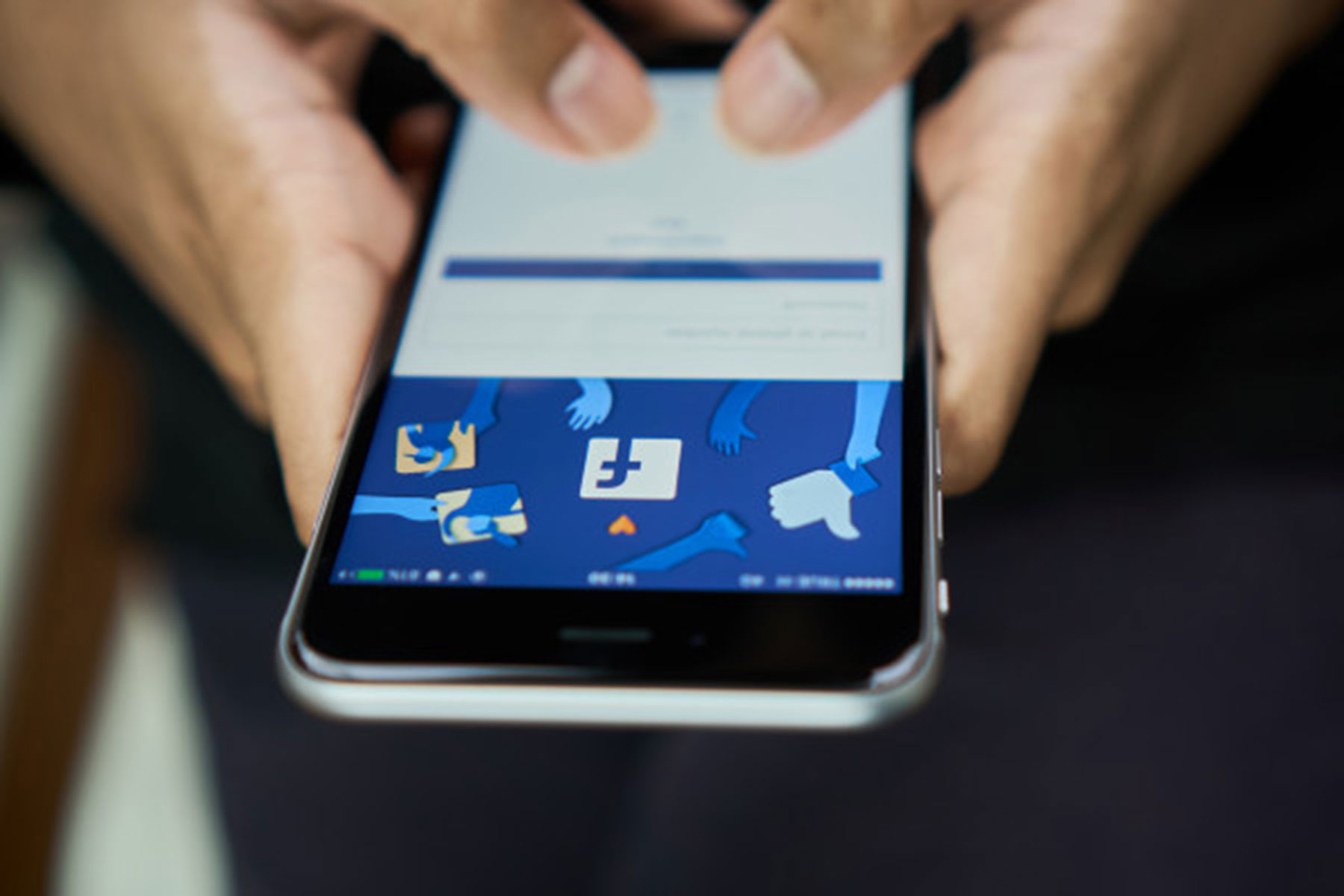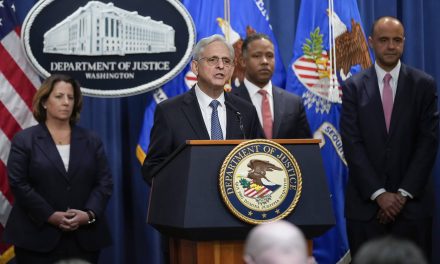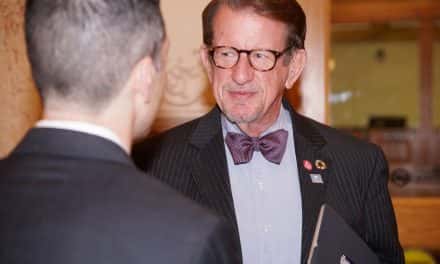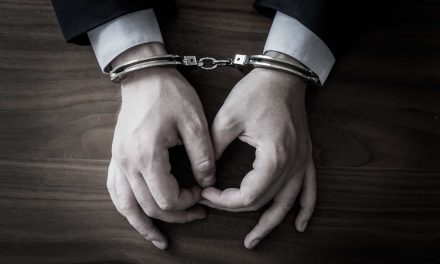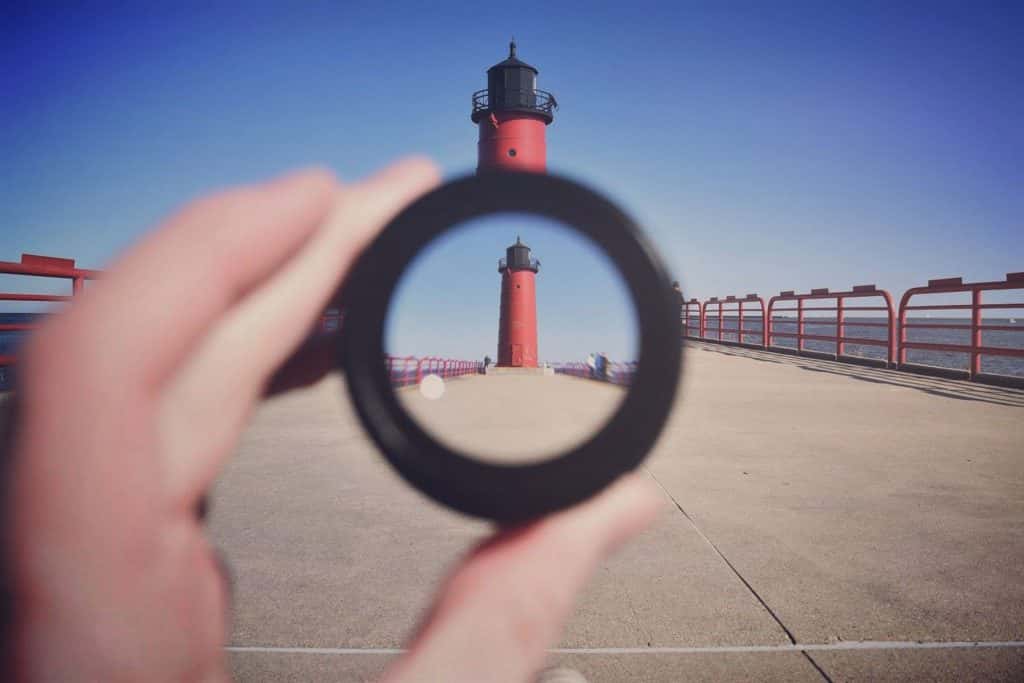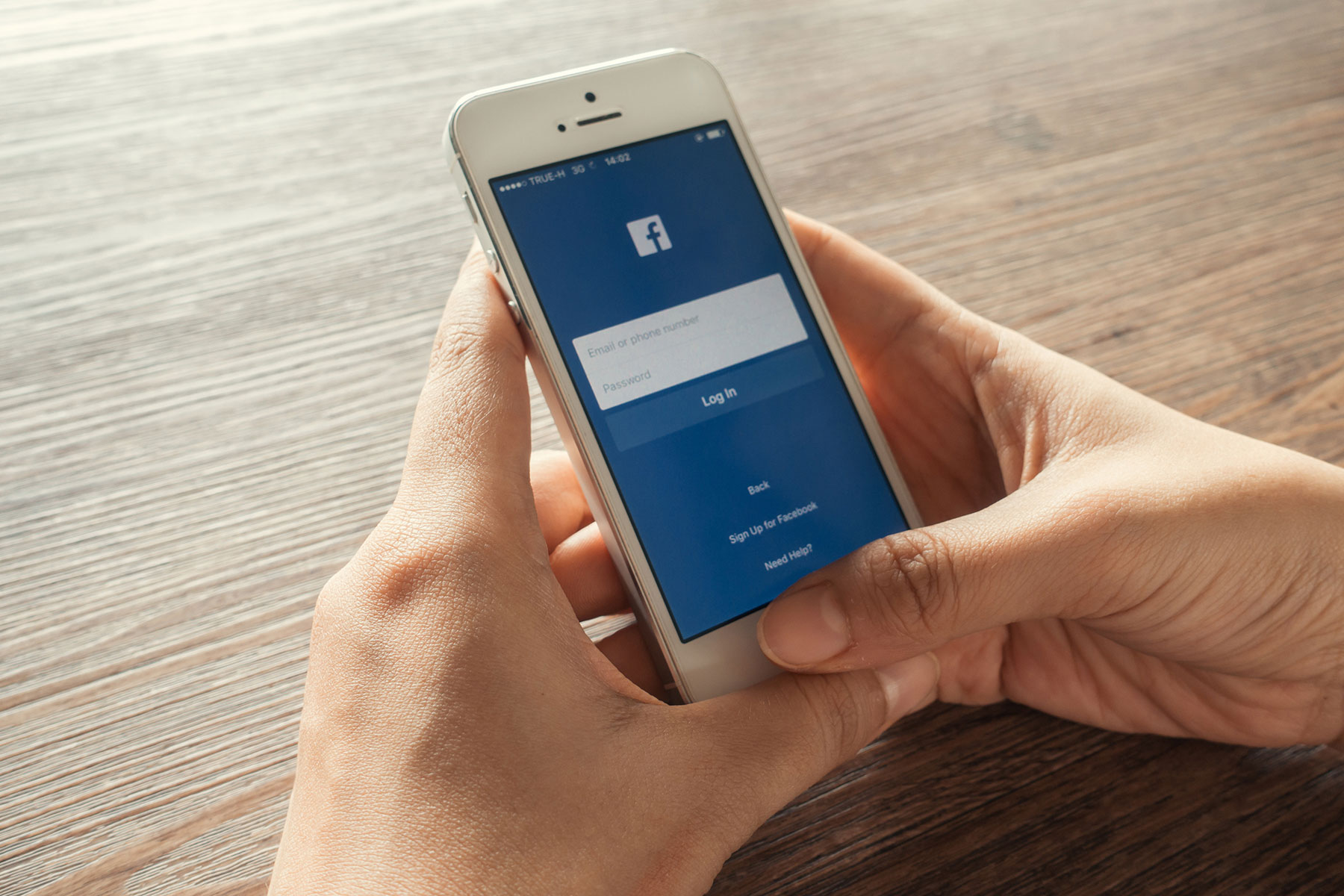
In America we do not fiddle while our nation burns. We scroll. We check our feeds, share our posts and count the “Likes” as our democracy dies in real time.
One of the event organizers for Beyond Resistance: Stories of Resilience and Inspiration has been Dr. Kenneth Cole, a Licensed Psychologist with two decades of experience helping members of the community advocate for themselves. As part of the Shorewood Solidarity Network, a community organization working to positively influence the Village of Shorewood and surrounding communities to end discrimination, Dr. Cole reflected on the impact of social media in Milwaukee, and the public contribution to dismantling the very institutions that citizens claim to hold dear.
There is an uneasy and pernicious irony in how we are more aware and connected to the wanton corruption, misogyny, racism and decline of our moral standing in America than ever before. An awareness no longer met with commensurate outcry, but rather a muted reaction of inaction that plays itself out through thumbs and fingers dancing across a keyboard.
We have become a nation of Facebook activists and twitter resisters. Alternatively transfixed to, disgusted by, yet still finding solace in our screens. We scroll and are saddened as still more high school students are murdered with their friends. Massacred in front of a whiteboard full of assignments and assumptions that they will live to see another day. Scroll more, then press “Like” when we hear thoughts and prayers from politicians saying that killing is bad. Scroll further down and stop for a moment to watch highlights from last night’s game.
Our democracy dies with that single “Like.” It dies with this gesture, the millions before it and all those that follow. The sense of accomplishment at our fingertips absolving us of a greater civic responsibility to act. We swipe from the safety of our homes, failing to realize that our collective feeling of security, that “everything will be okay,” is now more tenuous than ever.
We swipe across the screen protesting racism in American and feel as if it is the digital equivalent of crossing the Edmund Pettus Bridge. It is not. While we swipe, our elected officials legislate discrimination and hate. When we are sharing a video of a mother being zip-tied and thrown in a van to be returned to a country she never knew, they are promoting a narrative that demonizes immigrants and people of color. And as we place the saddest of emoticons on yet another story of our country’s ruin, they weave a tapestry of lies about domestic violence, while others plan their next Charlottesville.
They are emboldened. They are active. Meanwhile, the digital activism and protest tourism of Facebook only brings change limited to the feed on your screen. It may bolster your newsfeed following, and result in a level of gravitas among other progressives, but it falls flat time and time again.
We sit with our heads down, plugged into a world of our own creation. Unknowingly swiping away opportunities for change, habitually unfriending any chance of connection to each other. We feel alone in a crowd of people as passionate about justice and democracy as you. People just as concerned, yet equally addicted to their digital friend and not the potential one several feet away.
For our democracy to have a chance it will require much more than thumbs on a screen. It will compel you to put your phone down. It will inspire you to lift yourself up and raise your voice to say that you are ready. The opportunity to save our democracy is waiting. And if you’re so inclined to share this message, then do so. Share it.
But share it in ways that matter. Share it by talking to the person next to you. “Like” it by organizing an opportunity to bring about change. And promote it by speaking out when those actions that betray the decency of our country are right in front of you.
There will be no emojis or followers to these actions, and the fanfare will be limited to a community of one. But your actions will do more than the thousands of likes that are shared by friends you have ever spoken to in your online silo.
Should you choose to do as you have always done before, as we have all done for so long, and scroll down to bask in the fleeting dopamine rush of watching your likes accumulate – but not follow up with any real action – that is how our freedom disappears.
Not with a bang, or even a whimper. Our democracy dies with a “Like.”

